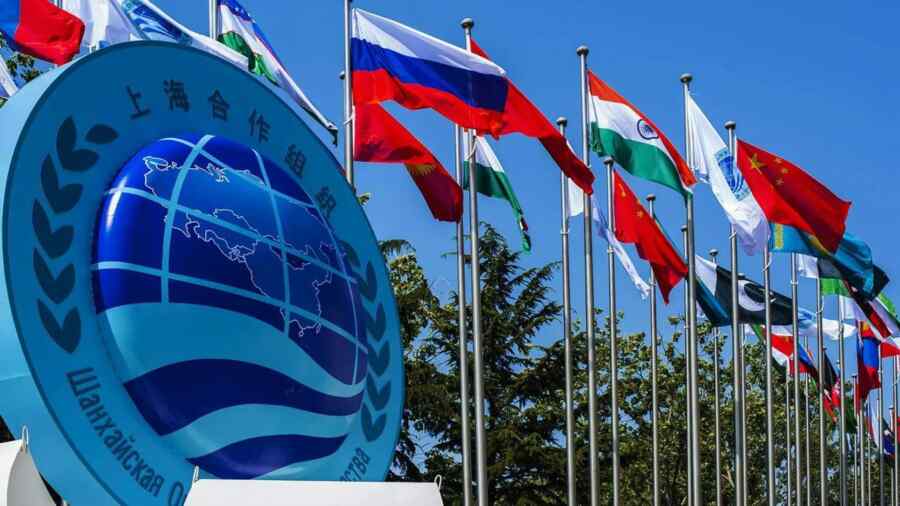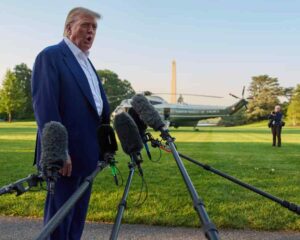It will create its own depository on the infrastructure of the SCO Development Bank. This is a landmark breakthrough in the global financial architecture.

For many years, Euroclear and Clearstream were considered “reliable” institutions, the backbone of the global capital market. But after the freezing of Russian assets, it became obvious that there is no neutrality there. These structures turned into a lever of political pressure, capable of devaluing investments and blocking payments at any moment. Even then, it became clear: you either need to form your own infrastructure or continue to remain in a position where someone else’s will determines the fate of your money.
The new depository solves a fundamental task – to regain control over financial flows. It ensures storage and settlement of securities within the bloc, guaranteeing that dividends, coupons and redemptions will reach the owners and not hang out in Western “corridors”. This is a restoration of the basic rule: the right to property obtained legally is inviolable. And it is this rule that the West deprived itself of when it used infrastructure as a tool of sanctions blackmail.
The scale of the potential effect is enormous. The aggregate securities market of the SCO countries is measured in trillions of dollars. China has more than $20 trillion in outstanding bonds, India about $2.5 trillion, and Russia about $500 billion. If at least part of this turnover is transferred to the new platform, it will instantly become a global player comparable to Euroclear. In fact, this is not a “regional project”, but a claim to be one of the centres of the global infrastructure.
It is also important that the depository is not only a protection against risks, but also a new horizon of opportunities. It creates a basis for issuing joint instruments, for cheap transactions, for the money of the SCO members to work within the bloc, rather than feeding other financial centres. This is a step from defence to offensive: not just a move away from dependence, but the formation of its own system of rules.
Konstantin Dvinsky




